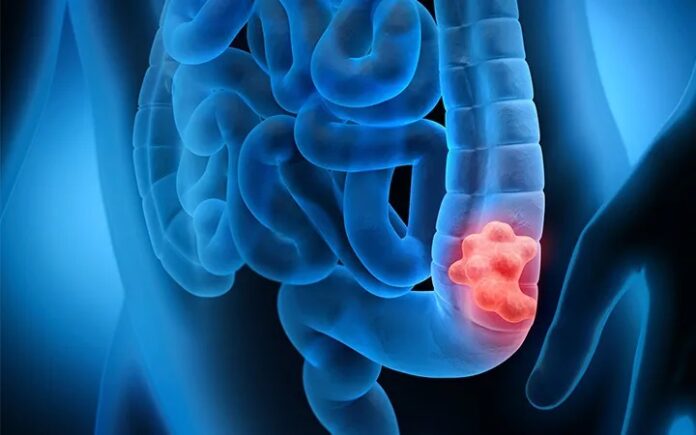
Colon cancer is one of the most prevalent types of cancer worldwide. According to the American Cancer Society, it is the third most common cancer diagnosed in both men and women in the United States. Detecting colon cancer early can significantly improve the chances of successful treatment and survival. However, sometimes the disease goes unnoticed until it reaches an advanced stage. It is crucial to be aware of the warning signs of advanced colon cancer to ensure timely diagnosis and treatment.
One of the early warning signs of colon cancer is a change in bowel habits. While it is normal for bowel movements to vary from person to person, any persistent change in frequency, consistency, or appearance should be noted. This includes prolonged constipation or diarrhea, thin or narrow stools, and the feeling of incomplete bowel movements.
Unexplained weight loss is another symptom that shouldn’t be ignored. If you have experienced significant weight loss without any intentional changes in diet or exercise, it could be a sign of advanced colon cancer. This symptom is particularly concerning if it occurs along with other warning signs.
Abdominal discomfort or pain is another red flag. Many people ignore occasional stomach discomfort, blaming it on something they ate or general indigestion. However, persistent abdominal pain, cramps, bloating, or a feeling of fullness should be investigated further, as they can be symptoms of more serious underlying conditions like advanced colon cancer.
Blood in the stool or rectal bleeding is a common and alarming symptom of colon cancer. It may present as bright red blood on the surface of the stool, in the toilet bowl, or on the toilet paper. Sometimes the bleeding can be so minimal that it is not visible to the naked eye, but a fecal occult blood test can detect hidden blood in the stool. Rectal bleeding should never be ignored, as it can indicate a variety of conditions, including colon cancer.
Unintended iron deficiency anemia is often an overlooked symptom of advanced colon cancer. This occurs when cancerous cells in the colon bleed, leading to chronic blood loss and subsequent iron deficiency. Symptoms may include fatigue, weakness, shortness of breath, and pale skin. If you experience any of these symptoms, a blood test can determine if you have anemia and further investigation should be conducted.
A sudden change in appetite, accompanied by unexplained nausea or vomiting, should also be taken seriously. These symptoms can indicate a blockage in the colon caused by a growing tumor, leading to difficulty passing food through the digestive system.
While these warning signs can be indicative of advanced colon cancer, it’s essential to remember that they can also be signs of various other less severe conditions. However, it is critical not to dismiss or ignore these symptoms, especially if they persist or worsen over time. If you experience any of these warning signs, it is advisable to consult a healthcare professional for further evaluation and appropriate testing.
Regular screening for colon cancer is also crucial for early detection and prevention. Typically, individuals should start getting screened for colon cancer at the age of 45, or earlier if they have a family history of the disease or other risk factors. Screening methods include fecal occult blood tests, colonoscopies, and sigmoidoscopies. These tests can detect precancerous growths or early-stage colon cancer before symptoms appear, enabling timely treatment and increasing the chances of a positive outcome.
In conclusion, it is essential to be aware of the warning signs of advanced colon cancer. Changes in bowel habits, unexplained weight loss, abdominal discomfort or pain, blood in the stool or rectal bleeding, unintended iron deficiency anemia, and changes in appetite, nausea, or vomiting should not be ignored. Early detection of colon cancer is key to successful treatment and improved survival rates. Regular screening is also important, especially for individuals with risk factors. If you notice any of these warning signs, consult with your healthcare professional for proper evaluation and guidance.

















